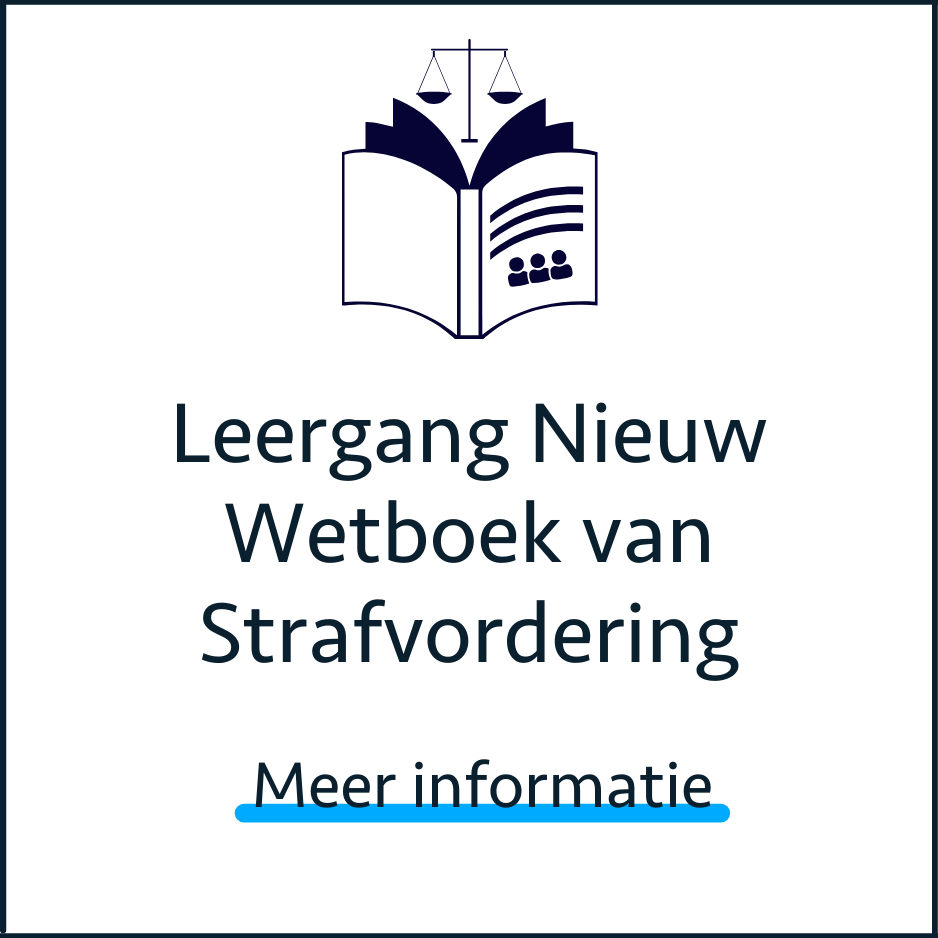EU Wildlife Cybercrime project fights wildlife crime online and in parcel delivery
/Wildlife crime is one of the largest transnational criminal activities, estimated to be worth up to 23 billion USD per year, behind other crimes such as drugs and human trafficking. It puts at risk the survival of thousands of species of animals and plants, accelerating the ongoing collapse of biodiversity. Historically, the sale of illegal wildlife took place in shops and other physical marketplaces. However, the growth of the internet and its accessibility has allowed wildlife traffickers to move online and gain access to a vast international marketplace, open all hours, where wildlife cybercriminals exploit the anonymity afforded to them.
Wildlife traffickers also use parcel delivery services to dispatch illegal wildlife products or specimens to buyers. The increasing volume of parcel delivery as a result of the growth of e-commerce represents a challenge for those enforcing the EU Wildlife Trade Regulations, especially for customs, as controls require significant resources and skills to detect parcels containing illegal wildlife.
Over the years, international organisations, government agencies, the business sector and the NGO community have been increasing their efforts to fight against wildlife crime. Nonetheless, since such crime is still widespread, existing efforts need to be adapted and scaled-up, including in Europe. The European Union (EU) is a major consumer of wildlife and wildlife products and also plays a role as source and transit region for wildlife trafficking.
It thus has a significant role to play in reducing illegal trade. In 2016, the EU adopted the Action Plan against Wildlife Trafficking, an ambitious plan urging EU institutions and Member States to improve enforcement of legislation, to ensure stronger cooperation and more effective prevention. As a result, the EU and its Member States made environmental crime, including wildlife trafficking, one of their 10 priorities for the fight against organized and serious international crime between 2018 and 2021.
During the recent Nature Protection Expert Team workshop in The Netherlands, the participants discussed the EU Action Plan Against Wildlife Trafficking progress.
Bron: IMPEL











